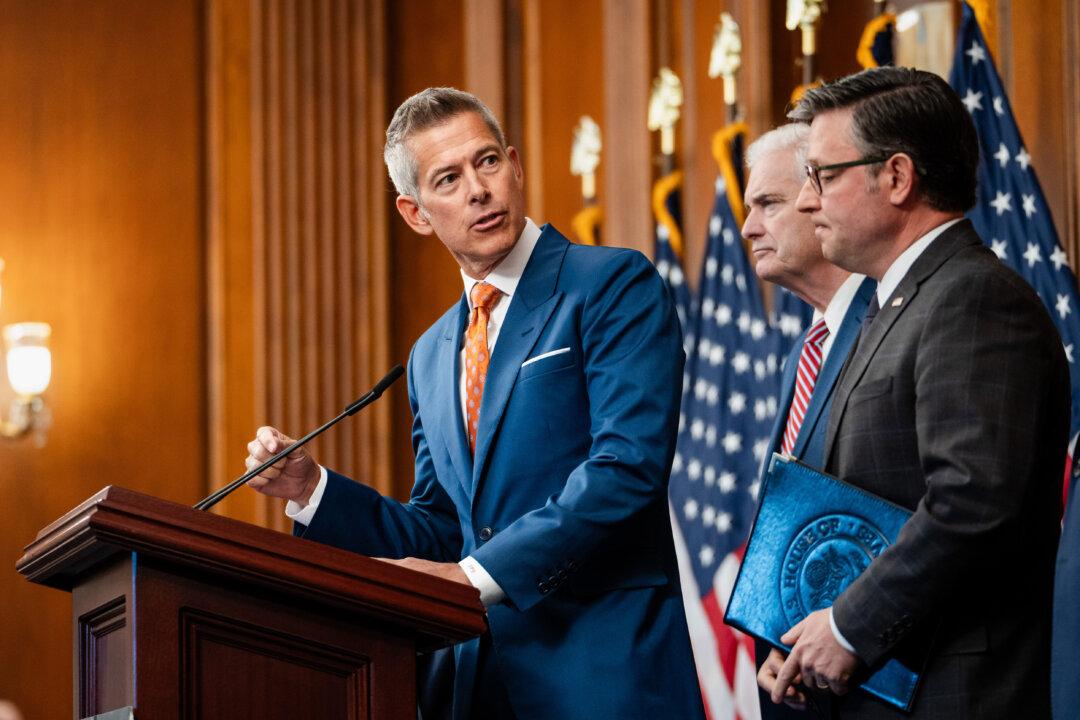A news editor slammed BlackRock for attempting to push a Chinese regime-style social credit system into American industry and warned in a recent interview that CEOs were feeling the heat due to such attempts.
Breitbart’s economics editor, John Carney, said that BlackRock, with its environmental, social, and governance (ESG) agenda, was trying to implement China’s social credit system on American corporations.





